
BUDAPEST– Hungarian low-cost carrier Wizz Air (W6) is advancing talks to establish an operations hub at Ben Gurion Airport (TLV), aiming to launch more than 200 weekly flights from Israel.
The move has support from Israel’s Minister of Transport Miri Regev, but faces strong opposition from local carriers El Al (LY), Arkia (IZ), and Israir (6H), who see the plan as a direct threat to their market share.
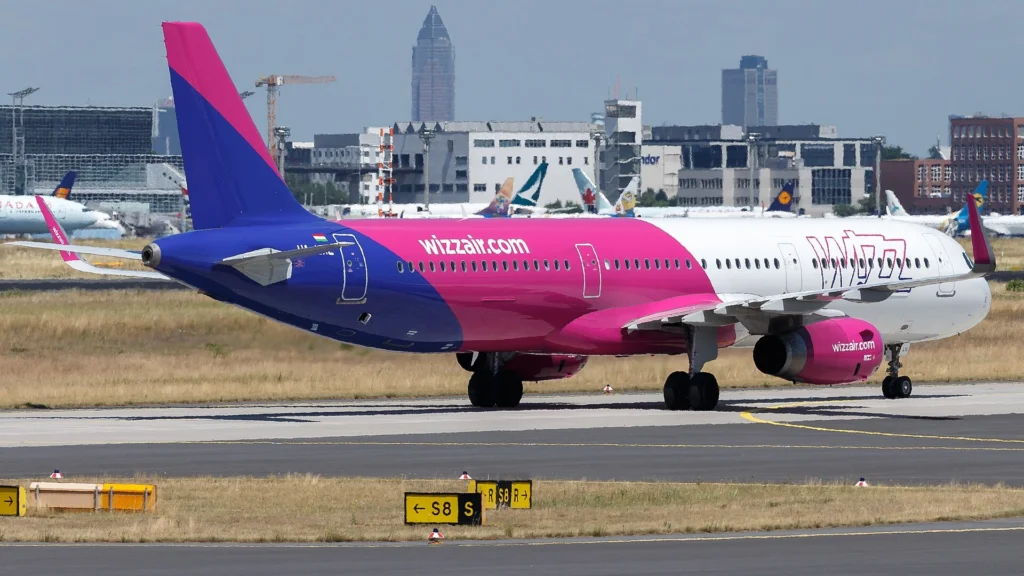 Photo: By tjdarmstadt – IMG_9637.jpg, CC BY 2.0, https://commons.wikimedia.org/w/index.php?curid=61529978
Photo: By tjdarmstadt – IMG_9637.jpg, CC BY 2.0, https://commons.wikimedia.org/w/index.php?curid=61529978Wizz Air 200 Weekly Flights from Israel
Wizz Air’s executives are scheduled to arrive in Israel for discussions that could determine the future of this potential hub.
If approved, the airline would operate around 30 daily flights, totaling more than 200 per week — nearly on par with Arkia’s entire schedule, half the size of Israir’s, and about a quarter of El Al’s network.
The Ministry of Transport, led by Miri Regev, backs the proposal, arguing it will boost competition, lower fares, and expand connectivity from Tel Aviv.
However, Israel’s Civil Aviation Authority, under Shmuel Zakay, insists that clear and uniform rules for both Israeli and foreign airlines must be set before allowing a foreign carrier to build a hub in the country, Globes reported.
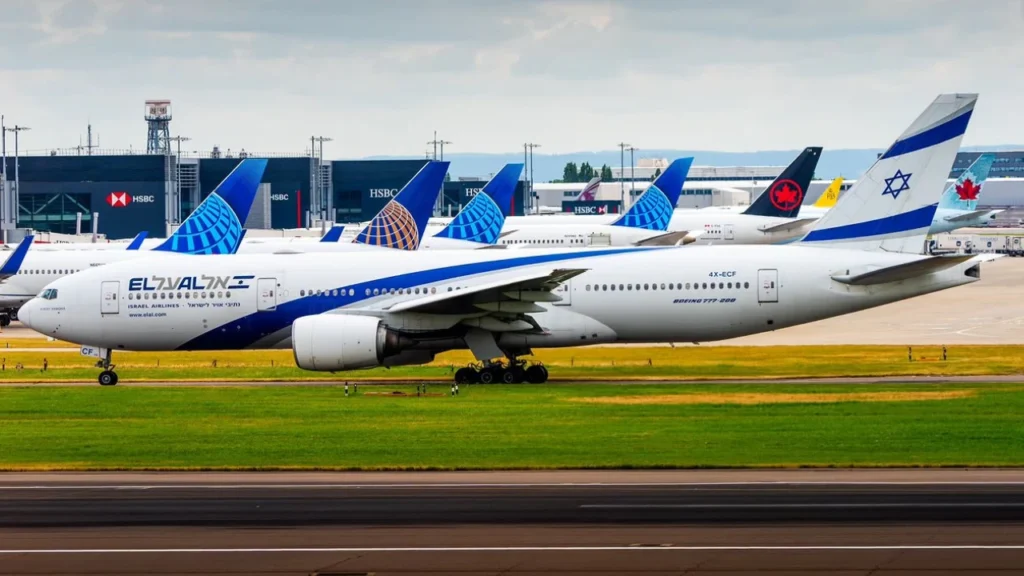 Photo: Siddh Dhuri | MumbaiPlanes
Photo: Siddh Dhuri | MumbaiPlanesIsraeli Airlines Push Back
Local carriers view the proposal as an existential threat. El Al, Israir, and Arkia have lobbied government officials, warning that allowing Wizz Air to establish a hub would destabilize Israel’s aviation sector.
Letters sent to ministries describe the move as a “dangerous precedent” that could lead to the collapse of Israeli airlines, particularly during emergencies when foreign carriers often suspend flights to Israel.
Security costs, higher airport fees, and limited flexibility due to local regulations already put Israeli carriers at a disadvantage compared to foreign competitors. If Wizz Air is allowed to expand freely, industry experts warn it could tilt the balance further against domestic airlines.
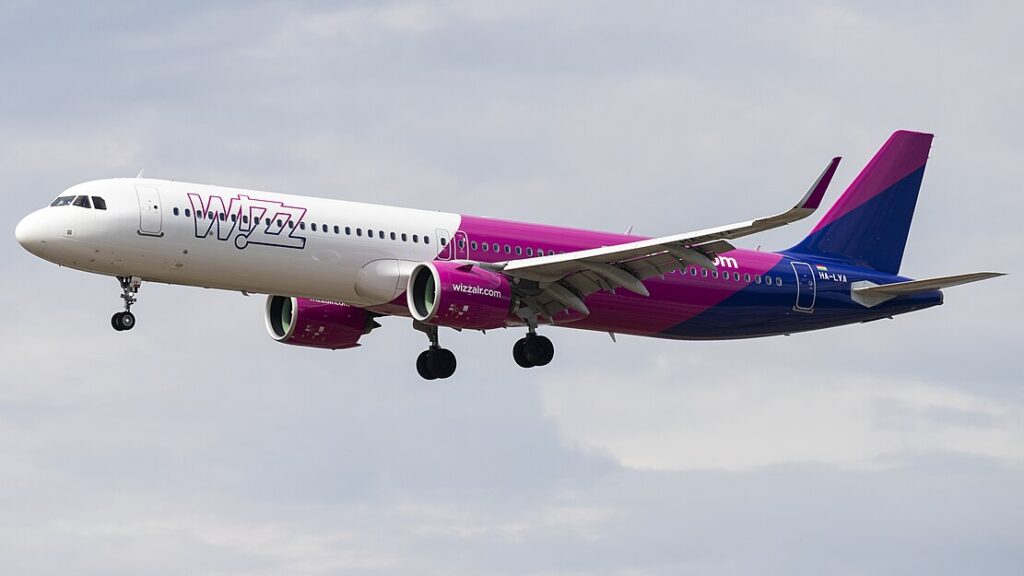 Photo: By Marvin Mutz – HA-LVA Airbus A321neo Wizz Air FRA 2019-08-09 (11a), CC BY-SA 2.0, https://commons.wikimedia.org/w/index.php?curid=81428709
Photo: By Marvin Mutz – HA-LVA Airbus A321neo Wizz Air FRA 2019-08-09 (11a), CC BY-SA 2.0, https://commons.wikimedia.org/w/index.php?curid=81428709Passenger Demand and Fare Pressures
The debate comes at a time when Israeli travelers face some of the highest fares in years. The war and subsequent cancellations by many international airlines have reduced seat availability, leaving passengers dependent on local carriers.
Despite temporary measures to cap fares on certain routes, average ticket prices have soared, while Israeli airlines posted record profits.
The Ministry of Transport believes that bringing in a major European low-cost carrier could ease this pressure.
A Wizz Air hub would not only increase frequencies but also send a signal that Israel remains a viable market, potentially encouraging other foreign airlines to return.
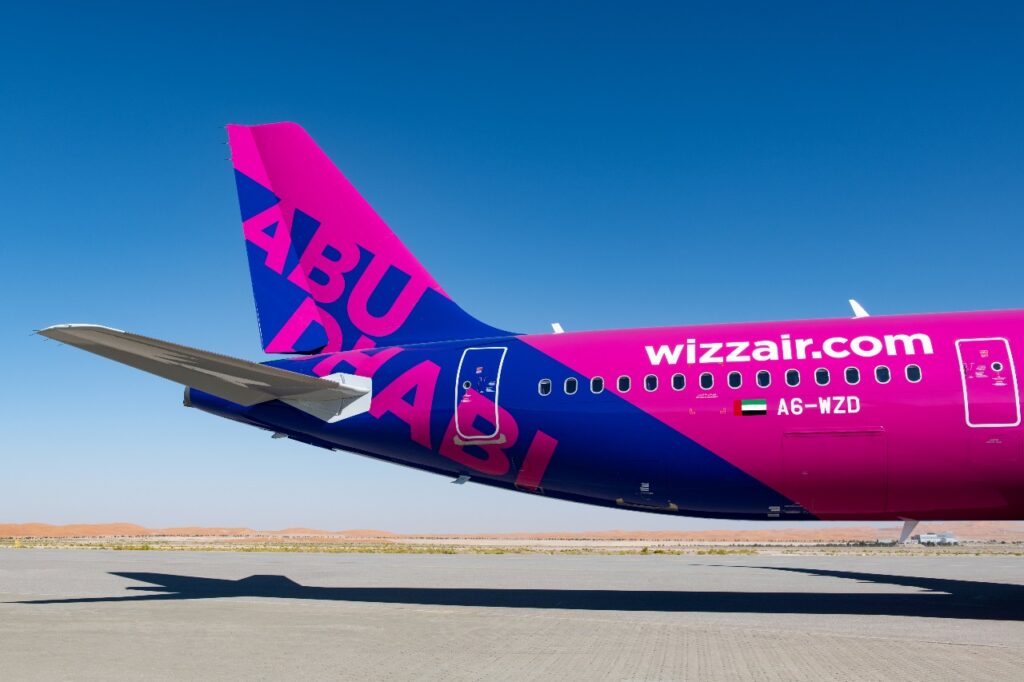 Photo: Wizz Air
Photo: Wizz AirPossible Models for the Hub
Two models are under consideration. The first is an operational base under Wizz Air Hungary’s license, similar to the airline’s hubs in Poland, Romania, Italy, and other European countries. This would allow aircraft and crew to operate flights from Israel to Europe under Hungarian regulations.
The second is an independent subsidiary in Israel, requiring a local Air Operator’s Certificate (AOC).
This would classify Wizz Air as an Israeli carrier, enabling domestic services and long-haul flights beyond Europe. However, this model involves more regulatory hurdles and higher costs.
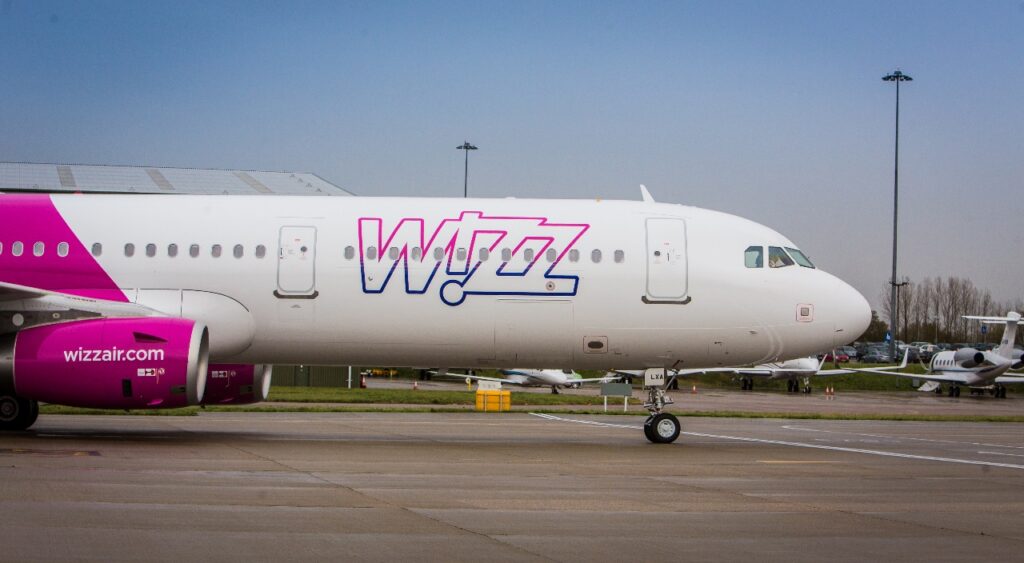 Photo: Wizz Air
Photo: Wizz AirCompromise Proposals
The Civil Aviation Authority has suggested alternatives to level the playing field. These include requiring Wizz Air to base its hub at Ramon Airport (ETM) near Eilat, or establishing a separate Israeli-registered subsidiary.
Wizz Air, however, has shown little interest in either option, preferring to operate directly from Ben Gurion’s Terminal 1, where costs are lower.
Supporters argue the move could inject between $800 million and $2 billion annually into Israel’s economy, create local jobs, and provide much-needed relief for passengers. Opponents warn that it risks undermining national aviation stability and setting a precedent for other foreign airlines
 Photo: Wizz Air
Photo: Wizz AirBottom Line
The situation recalls Israel’s 2013 Open Skies agreement with the European Union, which transformed the aviation landscape and dramatically cut fares.
At that time, Israeli carriers were compensated with security subsidies and guarantees that foreign airlines could not establish local hubs.
Now, with elections approaching, the decision rests with Transport Minister Regev. Whether she sides with consumers demanding affordable travel or local airlines fighting for survival will determine if Wizz Air’s Israel hub takes flight.
Stay tuned with us. Further, follow us on social media for the latest updates.
Join us on Telegram Group for the Latest Aviation Updates. Subsequently, follow us on Google News
Wizz Air Cuts New A321XLR Fleet After Abu Dhabi Exit
The post Wizz Air Eyes 200 Weekly Flights from This Asian City appeared first on Aviation A2Z.











![Protest lokatorów z Łodzi. Przepychanki pod Zarządem Lokali Miejskich. Interweniowała policja [ZDJĘCIA]](https://storage.googleapis.com/patrykslezak-pbem/tulodz/articles/image/eb06fada-a971-4e12-870c-3b6f52b72647)
![Za przewlekłość sądu między 2000 zł a 20 000 zł. W praktyce 3000 zł - 4000 zł [Skarga]](https://g.infor.pl/p/_files/38661000/paragraf-38661468.jpg)





